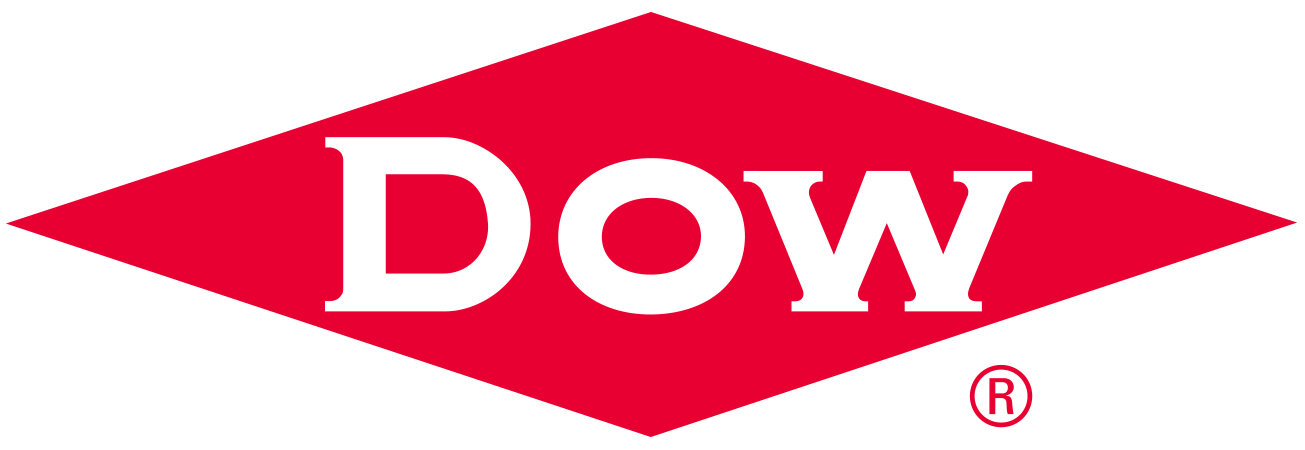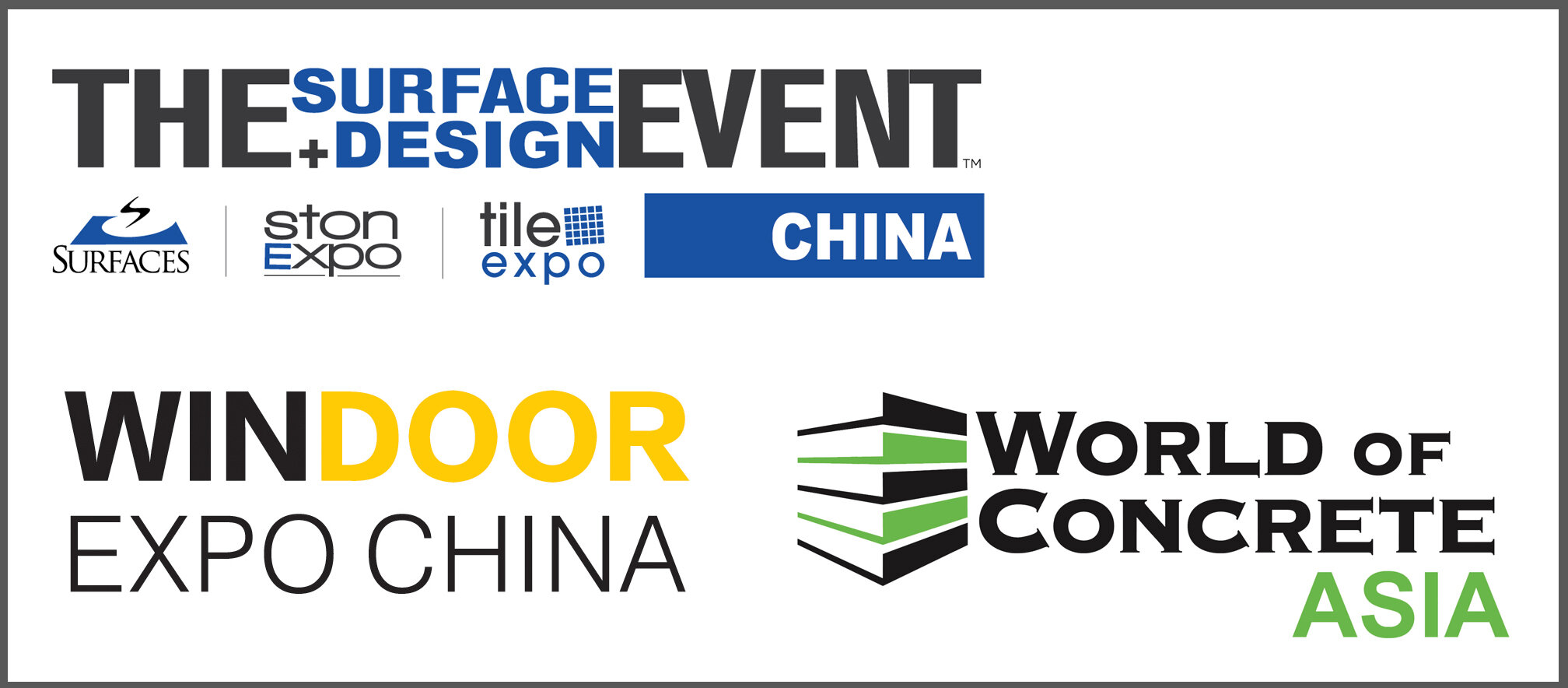As with other chapters across the International Region, AIA Middle East has transitioned to offering events and learning opportunities online. In the spring we partnered with our sponsor, Technal, while the summer saw talks by Atef Alshehri, and Oliver Baxter of Herman Miller.
April
Technal façade webinar series – episode 2 – Sustainable Facades and Circular Economy'
Technal, a part of the Hydro group, is the market leader in architectural aluminium systems for windows, doors, and facades. Celebrating its 60th year, Technal launched its facade webinar series which tackled key topics on Facades and Building Envelopes specially tailor-made for architects, facade consultants, metal builders, designers, developers, and industry stakeholders.
About the Webinar: With the mega trillion-dollar construction activities expected in Asia in the coming years, sustainable construction practices and materials will be the driver for a safe carbon free future. The goal of the webinar was to highlight the construction of sustainable building envelopes, in compressed urban spaces, where more people will live per square kilometre.
Use of sustainable material for the windows, doors and curtain walls will reduce the carbon footprint of buildings. Today, the building skin just reduces the impact of the exterior climate on the interior climate conditions, by acting mainly as a separation layer. In the future, the building skin can, also, minimize the environmental impacts of the urban ambient areas, by active and passive design measures and products.
May
Technal façade webinar series – episode 3 – Façades For High Rise Buildings
As per United Nations data, 68% of the world population is projected to live in urban areas by 2050. As urban areas get crowded the only option left is to build high rise buildings (vertical cities) to accommodate this mass urbanization. High rise buildings have a higher surface area of the building envelope than low rise buildings when put into a ratio with the specific ground area use.
This increase of surfaces can be used to integrate more features into the building skin than before, for comfort of the occupiers of buildings and also for better urban planning for city developers.
Episode 3 addressed this transition of cities into the 'vertical cities' of tomorrow. The core focus of the webinar was on the building envelope of these vertical cities which will have to answer specific challenges of 'compressed' urban spaces, where more and more people will live per square kilometre.
July
Khobar Planning: Modern Urbanism Revisited - Saturday 4 July 2020
Presented by: Atef Alshehri
With the launch of its city plan in 1947, Khobar was the first experiment in urban planning in Saudi Arabia. The discovery & production of oil in 1938 led to drastic social, economic, and urban changes in the eastern province of Saudi Arabia where ARAMCO ran its operations. During that period, urban conditions were still deeply rooted in their old heritage. Oil enterprise accelerated growth by a few hundred years, by superimposing a 20th century business on a 15th century economy. Khobar's urban growth was the first manifestation of this change.
This lecture was given by Atef Alshehri, an architect, consultant and urbanist based in Saudi Arabia.
The Psychology of Collaboration
Presented by: Oliver Baxter of Herman Miller
Collaboration is much talked about today, especially when it comes to workplace design. As companies employ more knowledge workers, it is no longer just what you know, but what you do with what you know. Successfully designed collaboration spaces as well as an enabling culture are key to helping this along. With this in mind, Herman Miller commissioned Dr. Nigel Oseland, a psychologist specializing in the workplace, to carry out a literature review of the psychology of collaboration and how that might impact workplace design.
Oliver Baxter of Herman Miller shared the findings with us, as well as some observational research carried out by their International research team.









